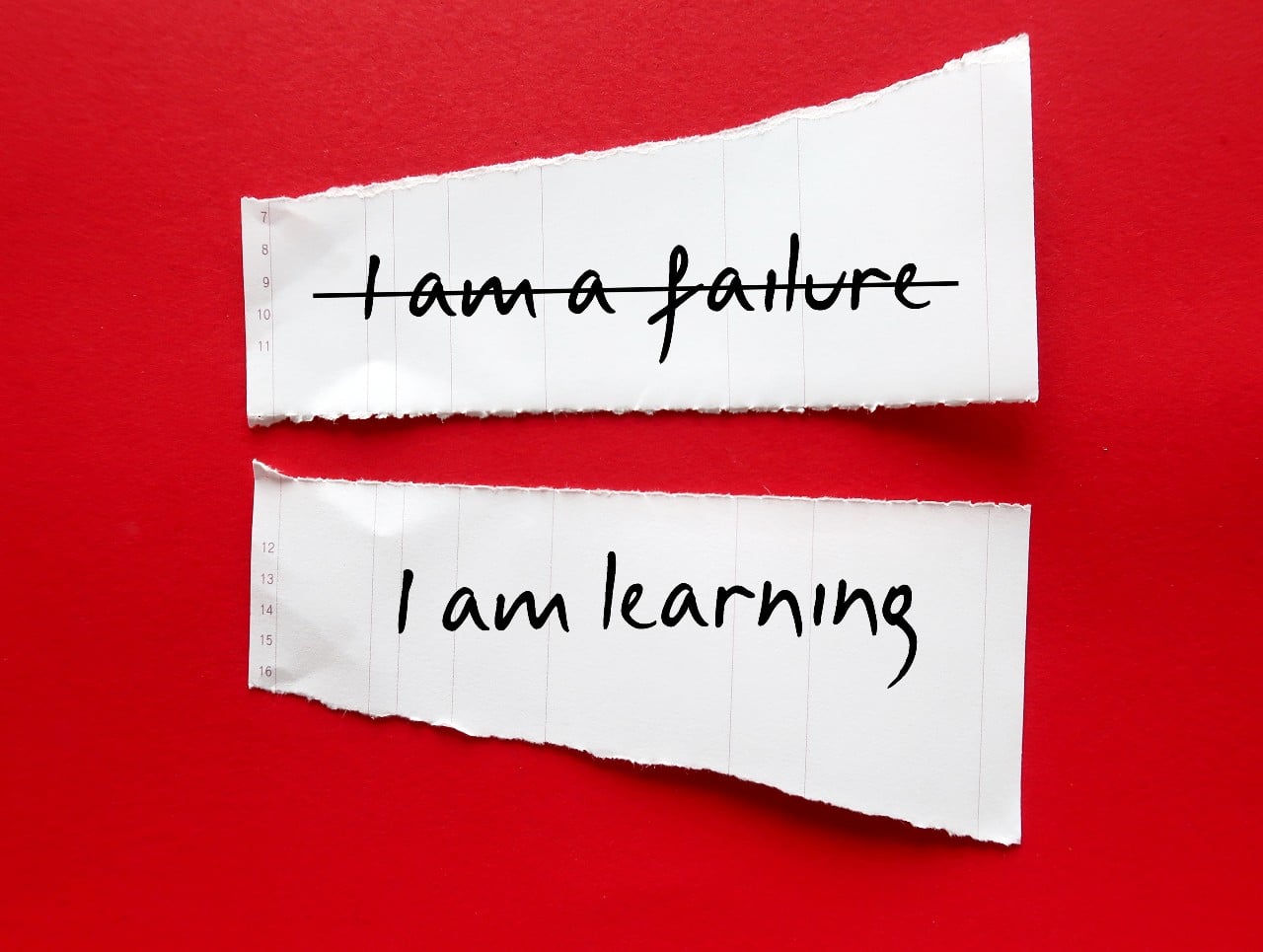Sometimes, financial assistance is urgent. Perhaps your employment insurance ran out, and you need financial support right now. Many financial support programs help Canadians across the country in temporary situations, month-to-month. However, others work over a period of several weeks. Even more help with long-term situations, like for people with disabilities. Short or long-term, getting the help you need is critical!
Here is where to look if you need some financial assistance right now.
Income programs
Employment Insurance covers situations like:
- Losing your job
- Getting sick or injured
- Becoming a parent or caregiver
- Seasonal workers
Submit an EI request to see what help you are eligible for in your current situation.
We’re living in economically uncertain times. Consequently, the Government of Canada has temporarily updated certain guidelines around the EI program. Read about the changes here.
Along with EI, every province in Canada has its own social assistance benefits. These income programs cover just the very basic human needs. You will receive a base amount plus additions. Additionally, you’ll get extra for each child, specific disabilities, and other situations. Contact your local social assistance office to see if you qualify. Ask about both short-term and long-term benefits.
When you qualify for primary social assistance benefits, you also receive financial support with:
- Refundable tax credits
- Child benefits
- Additional payments, like an annual back-to-school allowance
The amounts differ in each province and territory, so check with your local office to learn more.
Essentials programs
Housing
Homeowners
The Canadian Federal Government also has a new GST/HST housing rebate. You can use this financial assistance for:
- Making home repairs
- Adding accessibility features
- Improving energy efficiency
Renters
Renters are also eligible for help covering rent through various programs. Here are a few of them.
- Canada-Ontario Housing Benefit
- Canada-BC Housing Benefit
- Quebec Shelter Allowance Program
- Canada-Alberta Housing Benefit
- Canada–Manitoba Housing Benefit
- Canada-Saskatchewan Housing Benefit
- Canada-Nova Scotia Targeted Housing Benefit
- Canada-New Brunswick Housing Benefit
- Canada-Newfoundland and Labrador Housing Benefit
- Canada-Yukon Housing Benefit
- Canada-Nunavut Housing Benefit
- Canada-NWT Housing Benefit
- Rent-Geared-to-Income Housing
- Vancouver Rent Bank
- Calgary Housing Company (CHC) Rent Assistance
Food
We are blessed to have thousands of food organizations across the country. They are well needed. Consequently, each month, they receive over 2 million visits. Should you ever find yourself needing help to put food on the table, Food Banks Canada is a great resource to search out what food services are available in your area.
Electricity
From keeping warm to using the internet for job searching and cooking food, electricity is an essential tool for getting on our feet and staying there. Many energy companies offer programs that help low-income households keep their lights on in a time of need. Below are links to a few of them. Don’t see yours? Check your company’s website to see what programs they offer.
Benefits finder
Check out the Benefits Finder provided by the Government of Canada for more personalized results. This tool helps find programs you’re eligible for after you answer a few simple questions.
Child and family programs
If you live with a child under 18 and are primarily responsible for their care, you may be eligible for the Canada Child Benefit (CCB). Current payments are $648.91 a month for eligible children under 6 and $547.50 for children aged 6 to 17. If you need child care, you may be eligible for a childcare subsidy too.
The 211 line
The 211 line connects you with resources like housing assistance and payment help for utility bills and other basic needs. They’re also a great resource for other free and low-cost services. Call 211 when you need help or information to deal with life challenges. The telephone helpline and website are a gateway for social, community, non-clinical health, and all kinds of other services.
Even more financial assistance options to check for:
- Grant Watch – Financial Assistance Grants
- DFAA – Disaster Financial Assistance Arrangements
- YMCA – Anyone can join
- Alberta – Income support
- Canadian Media Guild – Hardship grants
- AFC – For Canada’s entertainment industry
- The Legion – Financial Assistance for Veterans
Industry associations – Check your industry association’s website for any financial assistance programs they offer.
- Ontario – Emergency Assistance
- Financial support for Indigenous peoples – Individuals, organizations, and communities
- British Columbia – Hardship Assistance
Personal sources
Below are a few money sources from their own pocket that many people forget are available to them.
Home Equity Line of Credit (HELOC)
Since house prices have gone up lately, you may have more equity in your home than you think. A home equity line of credit taps into that equity and lets you access those funds. For example, if your house is worth $500,000 and your mortgage is $300,000, you have $200,000 of equity. A lender may give you a line of credit for some of that equity. The interest rates are often higher than a mortgage, but much better than a credit card or other unsecured credit.
Cash value life insurance
If you have a permanent life insurance policy, it may have a cash value that works almost like a savings account. However, cash value will likely only be available after paying the premiums for 10 years or more. Consider accessing the value by using it as collateral for a loan. Basically, you don’t pay back the loan because you borrow from yourself. Just be aware that if you don’t pay it back, it lowers the final payout when you pass away.
Investments
Worst-case scenario, if you have an RRSP or TFSA, you can take money out of them. It’s best to consider this a last resort. Taking money out means losing out on investment income and, sometimes, even losing contribution room.
Support programs
Outside of income, there are also many government programs available to support people in getting back on their feet. Below are just a couple.
Education and training Programs
The Government of Canada offers lots of information about education and training programs. They also offer the financial assistance needed to take the next steps. You can explore careers, education planning, student aid, job training initiatives, apprenticeships, and foreign credential recognition. Additionally, they offer a Student Work Placement Program where post-secondary students can get paid work experience.
Immigration programs
The Canadian government provides income support to eligible refugees. This covers them while they can’t (yet) cover their own basic needs. Eligible refugees may receive a household start-up allowance or income support payments. Other programs include:
- Live-in Caregiver Program
- Start-up Visa Program
- Canadian Experience Classes
- Family Sponsorships
- Federal Skilled Trades Program
- Federal Skilled Workers Program
- The Self-Employed Persons Program
- Temporary Foreign Worker Program
Employment and business start-up programs
The new Canada Business App makes it easier to find government programs. Download their app from the Apple Store or Google Play. There you’ll find recommendations specific to your business that will help you start and grow your business.
Futurpreneur Canada is a non-profit organization that helps Canadians start or buy their own business. They offer resources, mentoring, and loan financing. Join other Canadians between 18 and 39 who have helped build their own futures.
Tips
When it comes to navigating financial struggle, there are a few key things to keep in mind:
- Don’t wait! The earlier you take action on those things you can do to stay afloat, the better. You’ll have way more options available to you, and the longer you can wait to dip into your emergency fund.
- Update your budget. Take a good, hard look at your budget and re-evaluate what you can realistically afford. For example, maybe you can cut back to one streaming subscription and rotate them out every once in a while.
- Talk to your creditors. Many creditors, especially mortgage lenders, offer deferrals or other options to help people who need financial assistance. Any money you save can be set aside. If there comes a time you need it, it’ll be there for you. If not, you can use it to catch back up on your payments.
- Avoid taking on more debt. This is especially true for high-interest debt like Payday loans or credit cards.
- From food delivery to dog walking, side gigs are a dime a dozen now. Find one you might enjoy for a while and give it a try. You’ll make a little money and get out and about doing something instead of sitting and worrying.
- Remember to have fun! Keep your spirits up by getting out and doing things you enjoy. Besides, you never know, one of these outings may even lead to an opportunity that helps get your finances back on track.
- Reset your emergency fund. Once you’re financially stable again, don’t forget to rebuild your emergency fund.
Conclusion
Rough times can happen, and you may end up needing urgent financial assistance to take care of some of your basic needs. If so, these resources should give you some options. If your debts are getting in the way, a credit counsellor can help you get your finances in order. Contact us today to see how getting out of debt can help.










